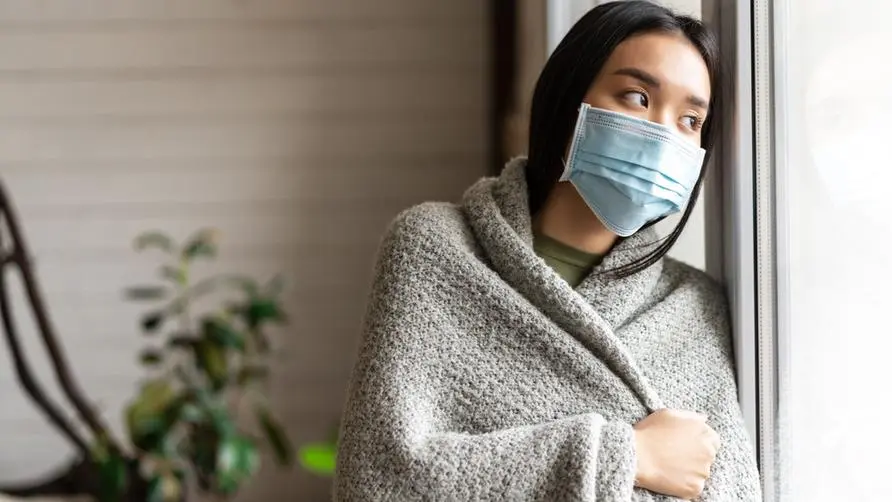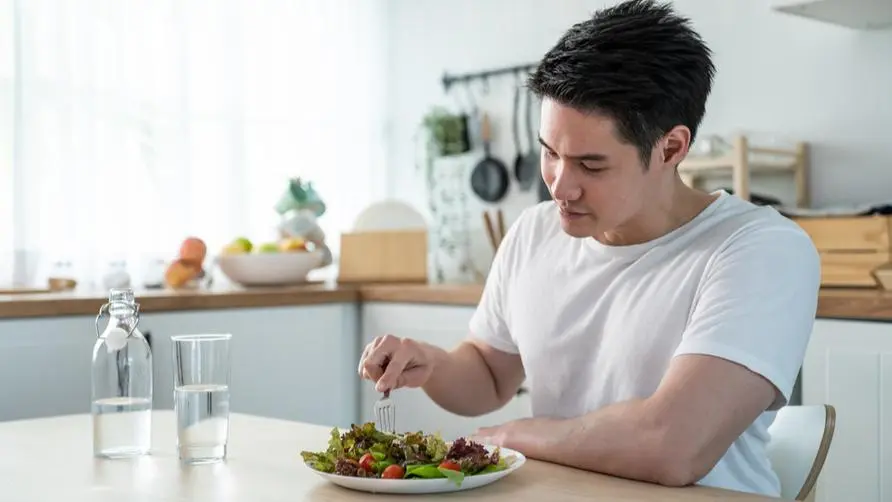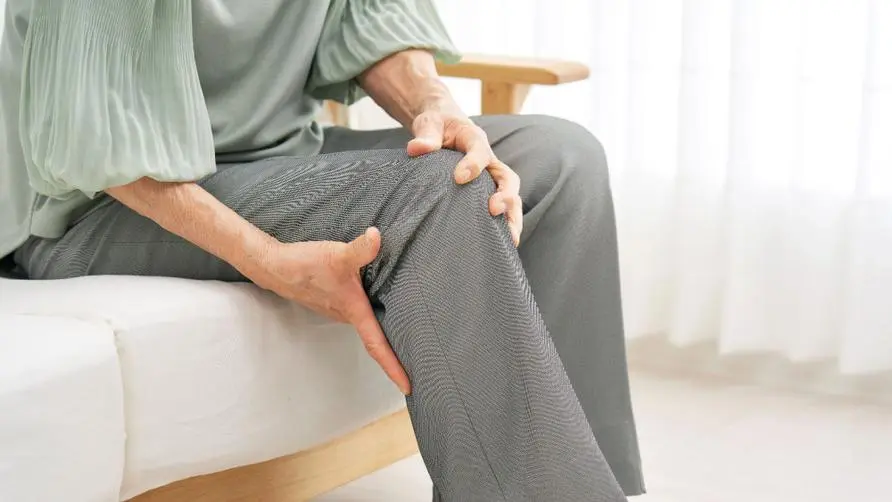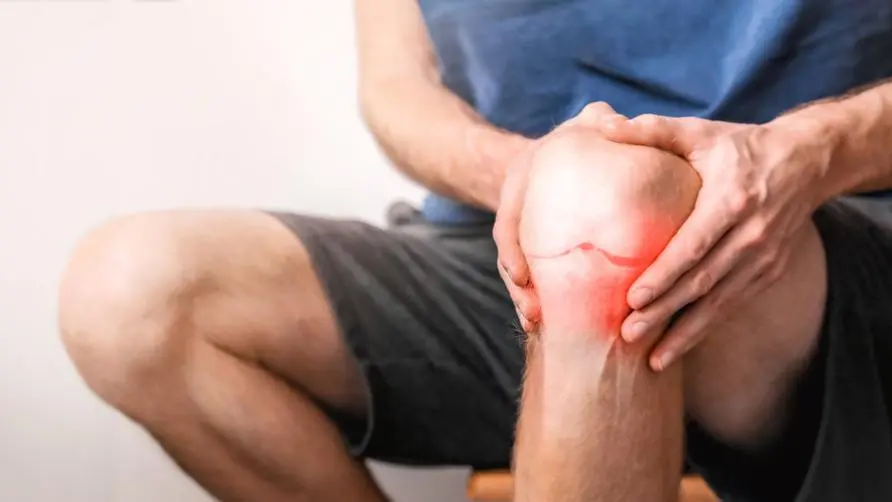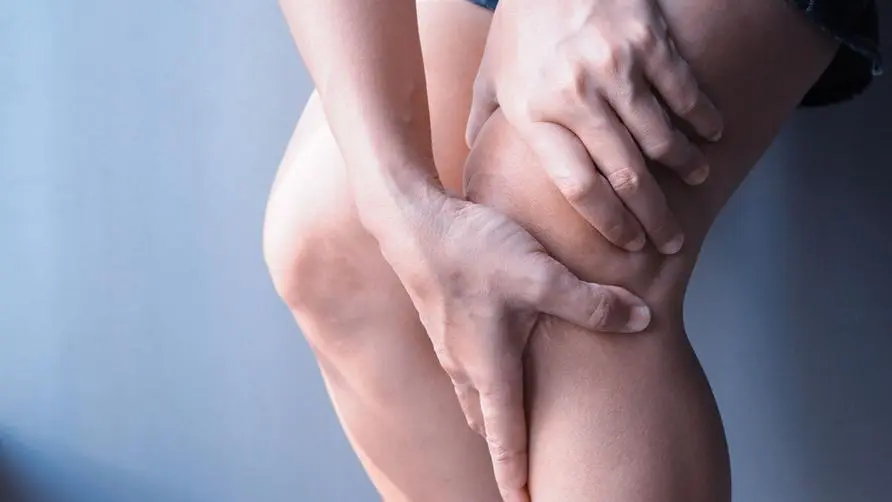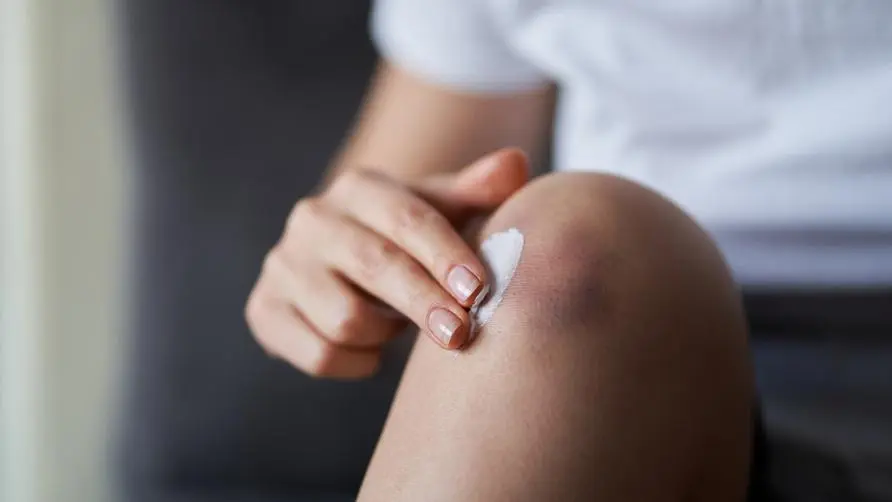Do your knees feel numb when it gets cold or rainy? Doctors reveal the causes of "weather pain": old injuries, joint inflammation are more serious
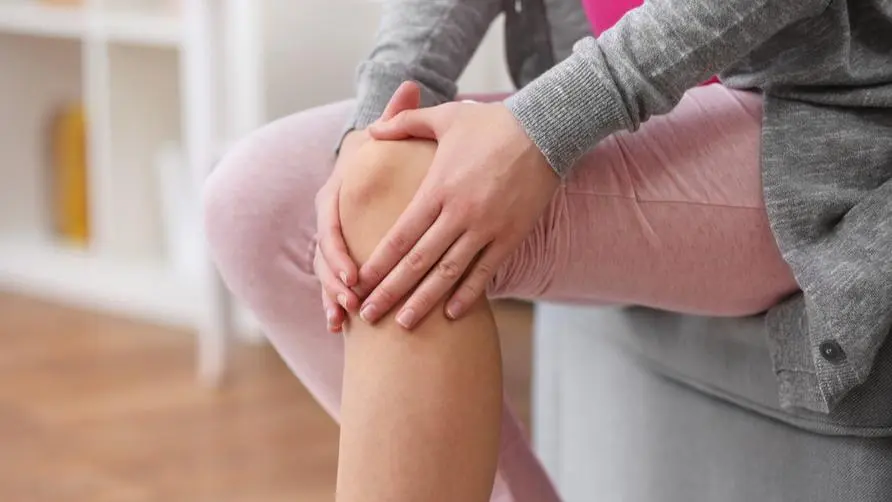
Why do my joints hurt when it gets cold? Temperature, humidity, and psychological problems all have an impact?
At the turn of autumn and winter, many people will suffer from “weather pain” in their joints when the weather turns cold, which makes people feel troubled. In an exclusive interview, Dr. Xu Ziheng, the attending physician of the Rehabilitation Department of Shuang Ho Hospital of Taiwan Ministry of Health and Welfare, pointed out that the main cause of weather pain is weather changes, which worsen the original pain symptoms. This phenomenon can be divided into temperature, humidity, autonomic nervous system and psychological levels for discussion:
Temperature problem. Low temperature can easily cause muscle contraction, stiffness, and poor ductility, affecting the blood circulation system and causing joint pain. In addition, cold weather may also make the lubricating fluid in human joints less effective, leading to a decrease in joint mobility.
Humidity problem. High humidity means reduced atmospheric pressure. Low air pressure may cause inflamed tendons and ligaments to swell, causing muscle and bone pain to worsen.
Autonomic nervous system problems. Japanese physician Junzo Sato discovered that there is an “air pressure detector” in the human inner ear. Once the weather changes and there are differences in air pressure, temperature, and humidity, the brain will feel the pressure, which will stimulate the autonomic nervous system, causing it to become excited and imbalanced, thus causing The pain gets worse. For example, if the sympathetic nerve is overactive, it will stimulate the pain nerve, causing symptoms such as headaches and pain from old injuries.
Psychological issues. Dark, damp and cold weather can easily affect your mood, lead to depression, and can also make your pain worse.
Dr. Xu Ziheng emphasized that weather pain can occur in all age groups and is not exclusive to the elderly. Young people should also be aware of the related risks. In addition, some studies believe that patients with degenerative arthritis or rheumatoid arthritis are prone to changes in the tension of muscles and tendons due to the decrease in air pressure before rain, resulting in an increase in the load on the joints; the drop in temperature will change the joint lubrication effect. Poor, causing joint stiffness and pain. It is recommended that patients pay more attention to weather changes and keep warm and protect their joints in a timely manner.
Does gout make joints “pain on top of pain”? 2 reasons may cause symptoms to worsen
Is joint pain caused by “gout” related to weather pain? Will the two affect each other? Dr. Xu Ziheng explained that the main cause of gout is that the “uric acid concentration” in the blood is too high, causing uric acid to crystallize and deposit in the joints, causing “acute gouty arthritis.” When the seasons change, the temperature drops sharply at night, which leads to a decrease in uric acid saturation and an increase in the deposition of uric acid crystals, making it more likely to cause gouty arthritis.
In addition, Dr. Xu Ziheng emphasized that when the temperature drops, people’s activity level decreases, which in turn causes the amount of water consumed to decrease and the blood to become thicker. The decrease in urine means that uric acid cannot be excreted from the body, leading to an increased risk of gout. Therefore, it is recommended that gout patients drink more warm boiled water during the alternation of seasons, which not only has a warming effect, but also helps to excrete uric acid and avoid aggravation of gout caused by changes in temperature.
What treatments are available for joint pain? Can I take health food?
What treatments are available if joint problems occur? Dr. Xu Ziheng explained that if severe degenerative arthritis in the fourth stage is eliminated first, in addition to surgical treatment, the following treatments can help relieve the patient’s joint discomfort:
Anti-inflammation and analgesia: If the joint pain is unbearable, you can first go to the rehabilitation department for treatment. After the doctor’s evaluation, you will be given anti-inflammatory analgesics and arrange rehabilitation treatment. It has a certain effect on reducing symptoms and anti-inflammation, and will also facilitate subsequent connections. Exercise therapy.
Exercise: Some patients believe that degenerative arthritis is caused by joint wear and tear, but they never dare to exercise. However, moderate exercise can increase the metabolism of joint lubricating fluid in cartilage and strengthen the function of muscles, tendons and ligaments around joints. Using a stationary bicycle, swimming, brisk walking, aerobic exercise, etc. are all feasible measures.
Hyaluronic acid/steroid injections: Common injection treatments such as steroids can be used to relieve symptoms; hyaluronic acid injections can increase joint lubrication, thereby reducing pain.
High-concentration autologous platelet (PRP) treatment: This treatment is injected into the damaged or degenerated joint tissue, causing the high-concentration platelets to release a large amount of growth factors, accelerate the repair of articular cartilage, strengthen the microvascular circulation around the knee joint, and strengthen the cartilage tissue. Regenerate, reduce joint inflammation, and delay the progression of degenerative arthritis. If the patient does not wish to undergo surgery, PRP injections may be considered to improve symptoms.
And can supplementary health foods help improve joint pain? Dr. Xu Ziheng explained that past studies have shown that people with mild to moderate degenerative arthritis can improve their condition by ingesting turmeric and turmeric extract because it has anti-inflammatory effects and helps relieve pain. In addition, glucosamine, chondroitin, vitamin D, etc. can promote the production of proteoglycans and collagen to replenish joint synovial fluid and maintain joints.
Finally, Dr. Xu Ziheng suggested that patients with joint pain should maintain an appropriate weight, avoid being overweight, and strengthen muscle strength through resistance training to reduce the natural wear and tear of articular cartilage. In addition, the effects of the above-mentioned treatment methods vary from person to person. It is recommended to discuss with a rehabilitation physician before undergoing treatment evaluation.
Further reading:
